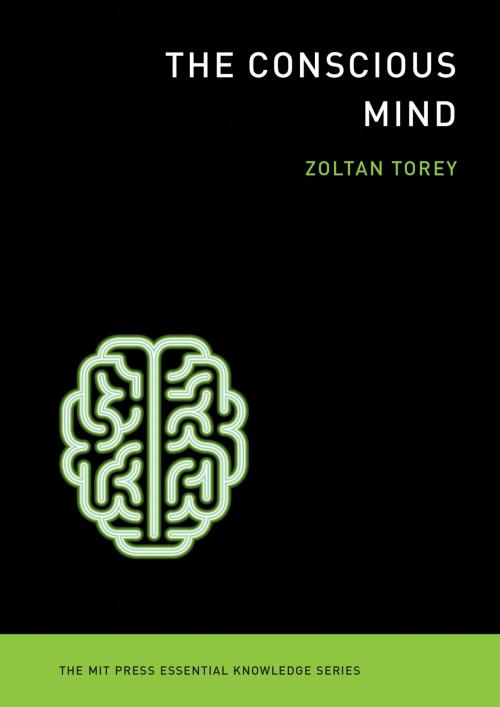The Conscious Mind
Nonfiction, Health & Well Being, Psychology, Cognitive Psychology, Religion & Spirituality, Philosophy, Mind & Body| Author: | Zoltan Torey | ISBN: | 9780262319317 |
| Publisher: | The MIT Press | Publication: | August 8, 2014 |
| Imprint: | The MIT Press | Language: | English |
| Author: | Zoltan Torey |
| ISBN: | 9780262319317 |
| Publisher: | The MIT Press |
| Publication: | August 8, 2014 |
| Imprint: | The MIT Press |
| Language: | English |
An account of the emergence of the mind: how the brain acquired self-awareness, functional autonomy, the ability to think, and the power of speech.
How did the human mind emerge from the collection of neurons that makes up the brain? How did the brain acquire self-awareness, functional autonomy, language, and the ability to think, to understand itself and the world? In this volume in the Essential Knowledge series, Zoltan Torey offers an accessible and concise description of the evolutionary breakthrough that created the human mind.
Drawing on insights from evolutionary biology, neuroscience, and linguistics, Torey reconstructs the sequence of events by which Homo erectus became Homo sapiens. He describes the augmented functioning that underpins the emergent mind—a new (“off-line”) internal response system with which the brain accesses itself and then forms a selection mechanism for mentally generated behavior options. This functional breakthrough, Torey argues, explains how the animal brain's “awareness” became self-accessible and reflective—that is, how the human brain acquired a conscious mind. Consciousness, unlike animal awareness, is not a unitary phenomenon but a composite process. Torey's account shows how protolanguage evolved into language, how a brain subsystem for the emergent mind was built, and why these developments are opaque to introspection. We experience the brain's functional autonomy, he argues, as free will.
Torey proposes that once life began, consciousness had to emerge—because consciousness is the informational source of the brain's behavioral response. Consciousness, he argues, is not a newly acquired “quality,” “cosmic principle,” “circuitry arrangement,” or “epiphenomenon,” as others have argued, but an indispensable working component of the living system's manner of functioning.
An account of the emergence of the mind: how the brain acquired self-awareness, functional autonomy, the ability to think, and the power of speech.
How did the human mind emerge from the collection of neurons that makes up the brain? How did the brain acquire self-awareness, functional autonomy, language, and the ability to think, to understand itself and the world? In this volume in the Essential Knowledge series, Zoltan Torey offers an accessible and concise description of the evolutionary breakthrough that created the human mind.
Drawing on insights from evolutionary biology, neuroscience, and linguistics, Torey reconstructs the sequence of events by which Homo erectus became Homo sapiens. He describes the augmented functioning that underpins the emergent mind—a new (“off-line”) internal response system with which the brain accesses itself and then forms a selection mechanism for mentally generated behavior options. This functional breakthrough, Torey argues, explains how the animal brain's “awareness” became self-accessible and reflective—that is, how the human brain acquired a conscious mind. Consciousness, unlike animal awareness, is not a unitary phenomenon but a composite process. Torey's account shows how protolanguage evolved into language, how a brain subsystem for the emergent mind was built, and why these developments are opaque to introspection. We experience the brain's functional autonomy, he argues, as free will.
Torey proposes that once life began, consciousness had to emerge—because consciousness is the informational source of the brain's behavioral response. Consciousness, he argues, is not a newly acquired “quality,” “cosmic principle,” “circuitry arrangement,” or “epiphenomenon,” as others have argued, but an indispensable working component of the living system's manner of functioning.















